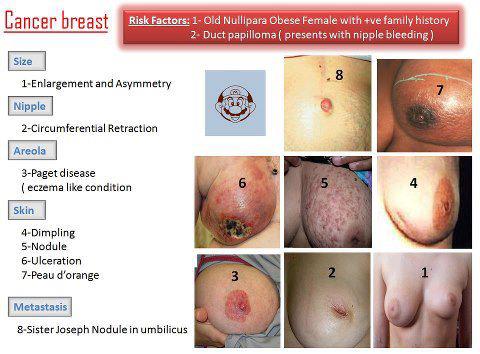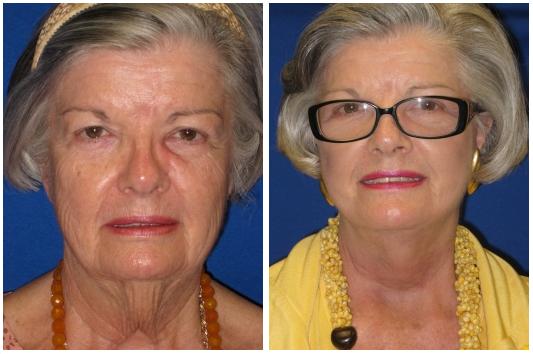Skin cancer vs vitamin D
REMEMBER when we used to lie out in the sun for hours covered in coconut oil?
If you can, you're pre-skin cancer warnings now appear regularly on our TV and billboards.
Slip, slop, slap is the message we've being given.
But, with vitamin D deficiency more common, many people are also wondering if the sun protection message is affecting their health in other ways.
The sun's ultraviolet (UV) radiation is both the major cause of skin cancer and the best source of vitamin D, according to the Cancer Council Australia.
"We need to balance the risk of skin cancer from too much sun exposure with maintaining adequate vitamin D levels," it says.
"Sensible sun protection does not put people at risk of vitamin D deficiency."
Why we need vitamin D and how we get it
Vitamin D keeps bones and muscles strong, as well as keep our immune system robust.
Low blood levels of the vitamin have been associated increased risk of cardiovascular disease, cognitive impairment in older adults, severe asthma in children and cancer.
Research suggests that vitamin D could play a role in the prevention and treatment of a number of different conditions, including type 1 and type 2 diabetes, hypertension, glucose intolerance, and multiple sclerosis.
Vitamin D forms in the skin when it is exposed to UV from sunlight.
It can also be obtained from some foods such as fish, egg yolks and fortified dairy and grain products.
Who's most at risk from vitamin D deficiency
Naturally dark skinned people, people who cover their skin for religious or cultural reasons, the elderly and people who are housebound or in institutional care, babies and infants of vitamin D deficient mothers, people with osteoporosis and those who suffer from milk allergies or adhere to a strict vegetarian diet may all be short on vitamin D.
Certain medical problems, including Crohn's disease, cystic fibrosis, and celiac disease, can also affect your ability to absorb vitamin D from the food you eat.
GET THE FACTS
Measuring Vitamin DThe most accurate way to measure how much vitamin D is in your body is the 25-hydroxy vitamin D blood test.
How much sun is enough?
A study by St Vincent's Hospital, Sydney; the Garvan Institute of Medical Research, and the University of NSW suggests that exposure of 5 to 15 minutes of sunlight four to six times a week, outside of the hours of 10am - 2pm, is the best way to boost vitamin D.
By Helen Hawkes
If you can, you're pre-skin cancer warnings now appear regularly on our TV and billboards.
Slip, slop, slap is the message we've being given.
But, with vitamin D deficiency more common, many people are also wondering if the sun protection message is affecting their health in other ways.
The sun's ultraviolet (UV) radiation is both the major cause of skin cancer and the best source of vitamin D, according to the Cancer Council Australia.
"We need to balance the risk of skin cancer from too much sun exposure with maintaining adequate vitamin D levels," it says.
"Sensible sun protection does not put people at risk of vitamin D deficiency."
Why we need vitamin D and how we get it
Vitamin D keeps bones and muscles strong, as well as keep our immune system robust.
Low blood levels of the vitamin have been associated increased risk of cardiovascular disease, cognitive impairment in older adults, severe asthma in children and cancer.
Research suggests that vitamin D could play a role in the prevention and treatment of a number of different conditions, including type 1 and type 2 diabetes, hypertension, glucose intolerance, and multiple sclerosis.
Vitamin D forms in the skin when it is exposed to UV from sunlight.
It can also be obtained from some foods such as fish, egg yolks and fortified dairy and grain products.
Who's most at risk from vitamin D deficiency
Naturally dark skinned people, people who cover their skin for religious or cultural reasons, the elderly and people who are housebound or in institutional care, babies and infants of vitamin D deficient mothers, people with osteoporosis and those who suffer from milk allergies or adhere to a strict vegetarian diet may all be short on vitamin D.
Certain medical problems, including Crohn's disease, cystic fibrosis, and celiac disease, can also affect your ability to absorb vitamin D from the food you eat.
GET THE FACTS
Measuring Vitamin DThe most accurate way to measure how much vitamin D is in your body is the 25-hydroxy vitamin D blood test.
How much sun is enough?
A study by St Vincent's Hospital, Sydney; the Garvan Institute of Medical Research, and the University of NSW suggests that exposure of 5 to 15 minutes of sunlight four to six times a week, outside of the hours of 10am - 2pm, is the best way to boost vitamin D.
By Helen Hawkes




I'm probably at risk. I do nothing but sit in my basement all day.
ReplyDelete